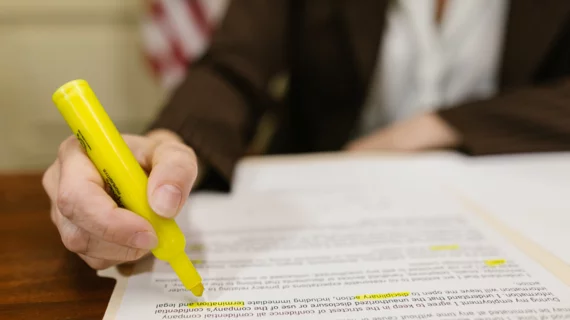Lawyer calls $261M judgment against Johns Hopkins ‘patently excessive’
Johns Hopkins All Children’s Hospital in St. Petersburg, Fla., is crying foul over the $261 million a jury ordered it to pay Maya Kowalski and her family earlier this month.
In post-trial motions filed Nov. 20, an attorney for Johns Hopkins says the plaintiffs packaged their claims as “one big mass of allegations and damages.”
This approach had the effect of misleading the jury, prompting it to award compensatory and punitive damages of a “patently excessive” amount, writes attorney Chris Altenbernd in the documents.
Johns Hopkins attorneys last week suggested an unadjusted $261 million outlay would hurt All Children’s credit rating, in the process hampering efforts to obtain capital for improving care and expanding access.
The Kowalski case is the one made famous by the Netflix documentary “Take Care of Maya.”
The claims made by the Kowalski family included false imprisonment and battery of Maya as an inpatient, along with medical negligence, fraudulent billing and intentional infliction of emotional distress.
The worst of the harms ascribed to the hospital was the 2017 suicide of Maya’s mother, Beata Kowalski. The jury ruled her demise a wrongful death triggered by Maya’s ordeal with Johns Hopkins All Children’s.
According to coverage of the Nov. 20 development by CBS affiliate Channel 10 Tampa Bay, Altenbernd and colleagues representing Johns Hopkins intend to pursue a “renewed directed verdict and a new trial” for some of the damages.
These will include the insurance fraud claim filed by Maya’s father, Jack Kowalski, and punitive damages awarded to Maya, the TV station reports.
Altenbernd and team will also challenge the claims of battery since no evidence emerged to show that Maya suffered bodily injury during her hospitalization.
A hearing to discuss the Nov. 20 motions has been scheduled for Dec. 15 at the Sarasota County Courthouse.
Follow the links below for earlier coverage of this story.

